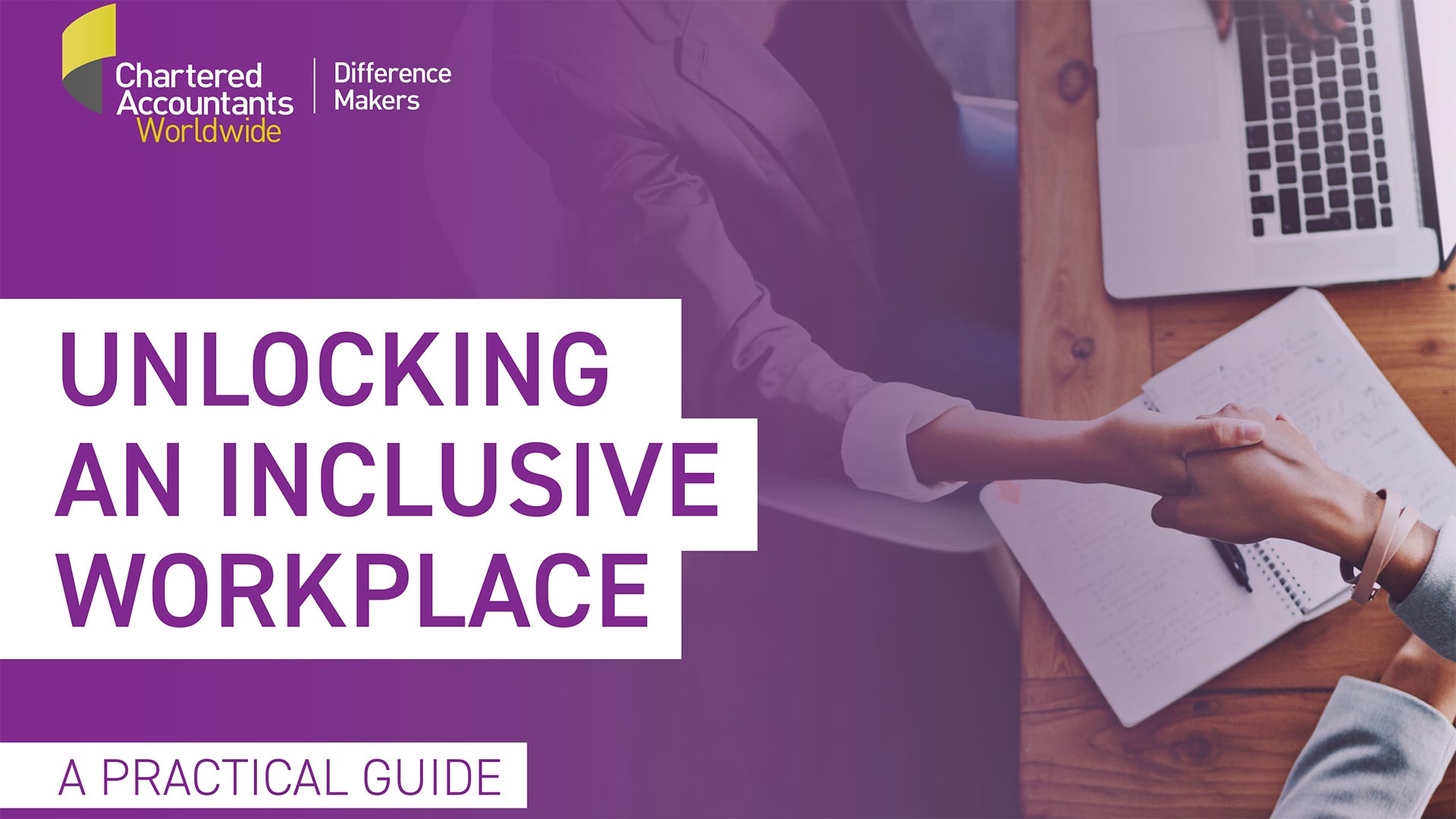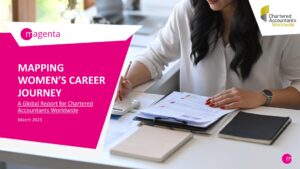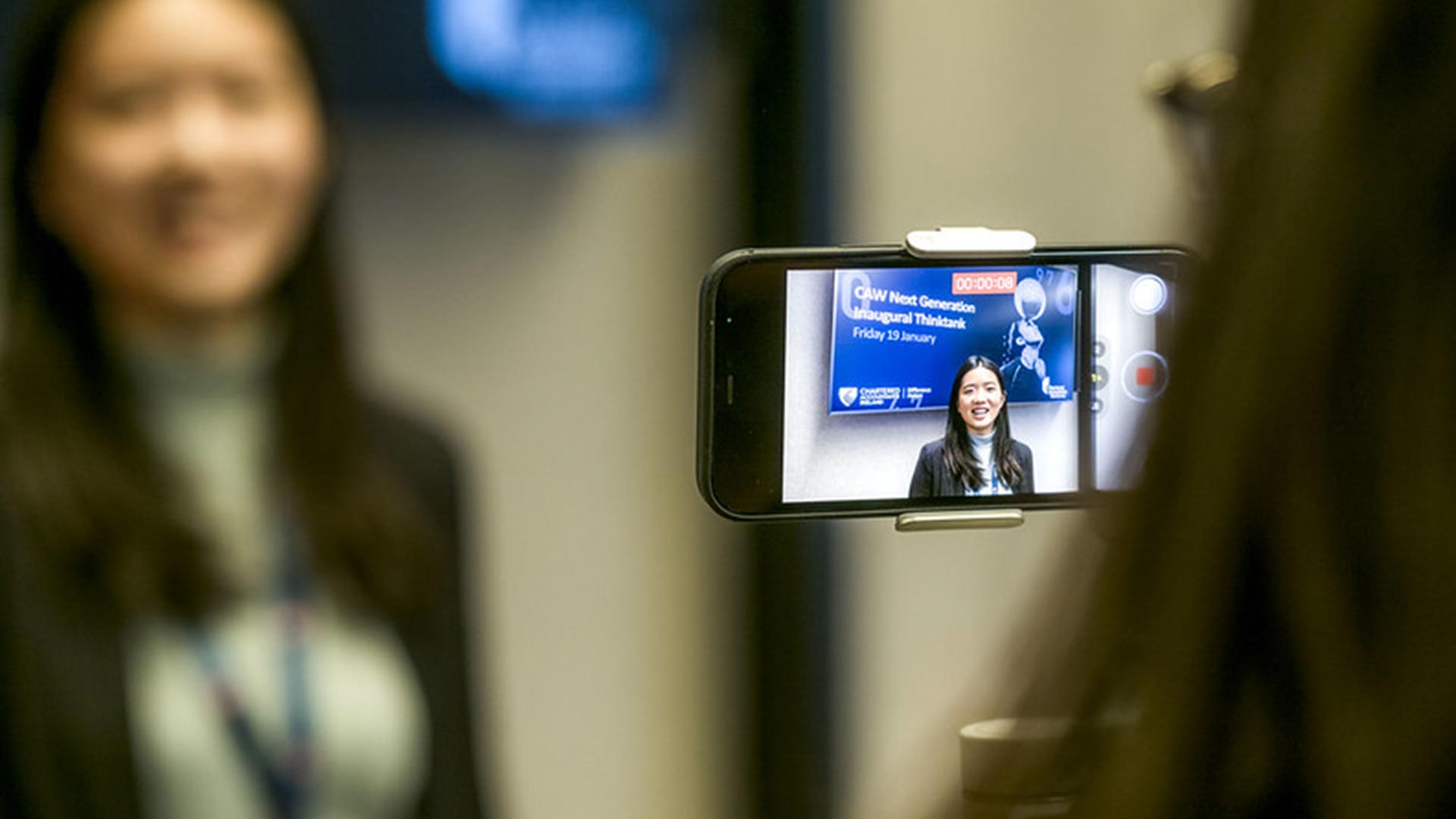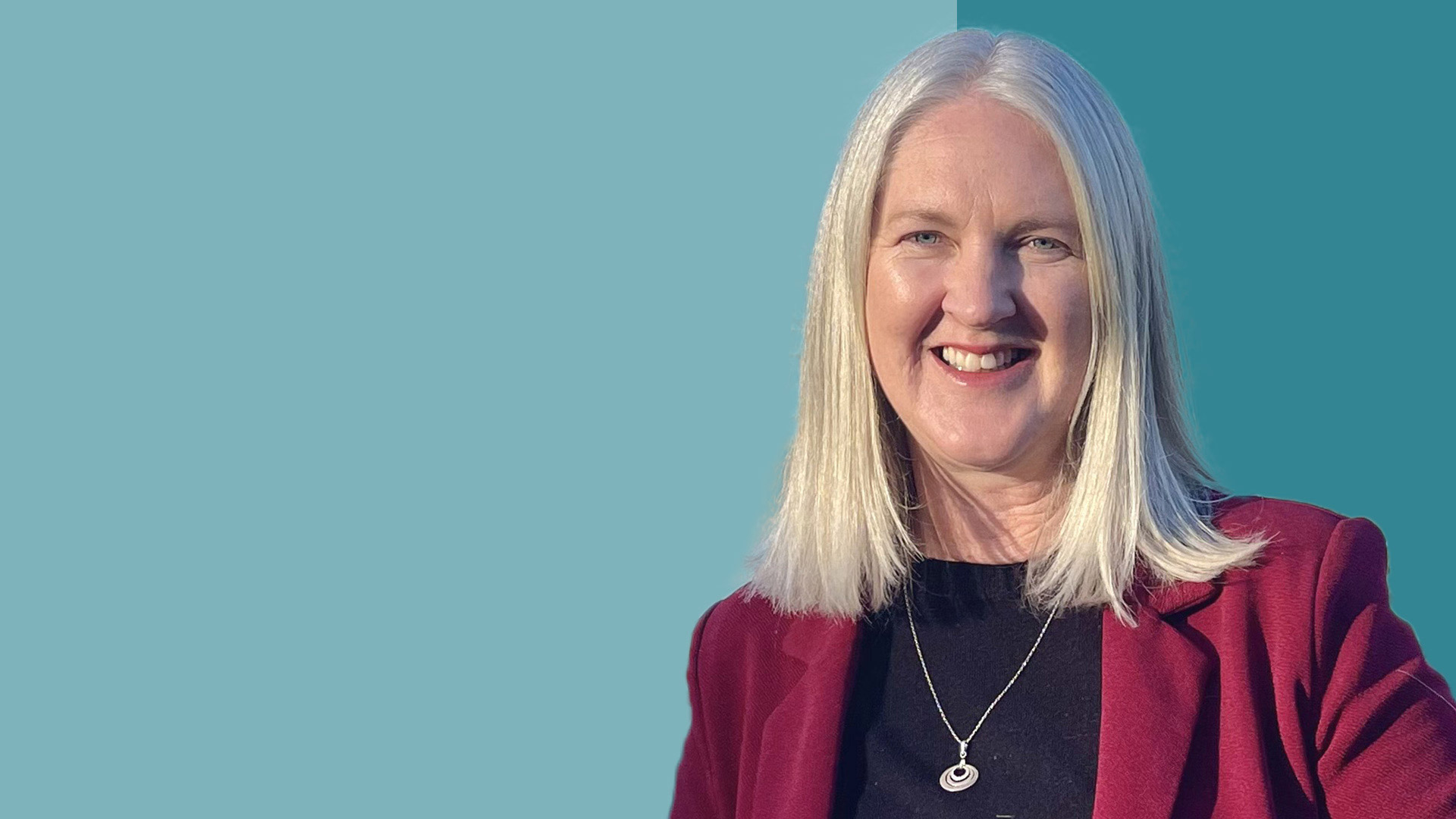SAICA
Mpho Mookapele is a Chartered Accountant (SA) with over 14 years of experience in the private and public sector in the finance, strategy development, regulatory environment and skills development.
The main areas of her experience over the years are financial management, risk management External Audit, Performance Information and Public Sector accounting technical and legislation advisory consulting and skills development. Throughout her career, she has served the different spheres of the South African government, the private sector and the United Kingdom.
Mpho completed her articles at EY in 2011. She then joined the Accounting Technical division as an assistant manager serving public sector clients until 2015 and is now at a senior manager role.
Her passion for development in the country and in Africa guided her career towards serving in the public space. As a Senior Manager at Ernst & Young, Mpho managed the strategic planning and reporting solutions in the Public Sector and technical advisory role on audit engagements.
In 2017 she was appointed as a CFO of the Energy and Water SETA and in 2018 appointed as Acting CEO for 2 years until she was officially appointed as CEO of the organisation in 2020.
In 2019, SAICA awarded Mpho the 2019 overall winner of the SAICA Top-35-under-35 CA (SA) Competition.
Mpho serves on a number of governance committees in the private and public sector which includes two advisory Boards, chairing an audit committee and serves as a Council Member of a University.
Her passion for development goes beyond the boardroom and sees every opportunity to serve others, as a privilege.















